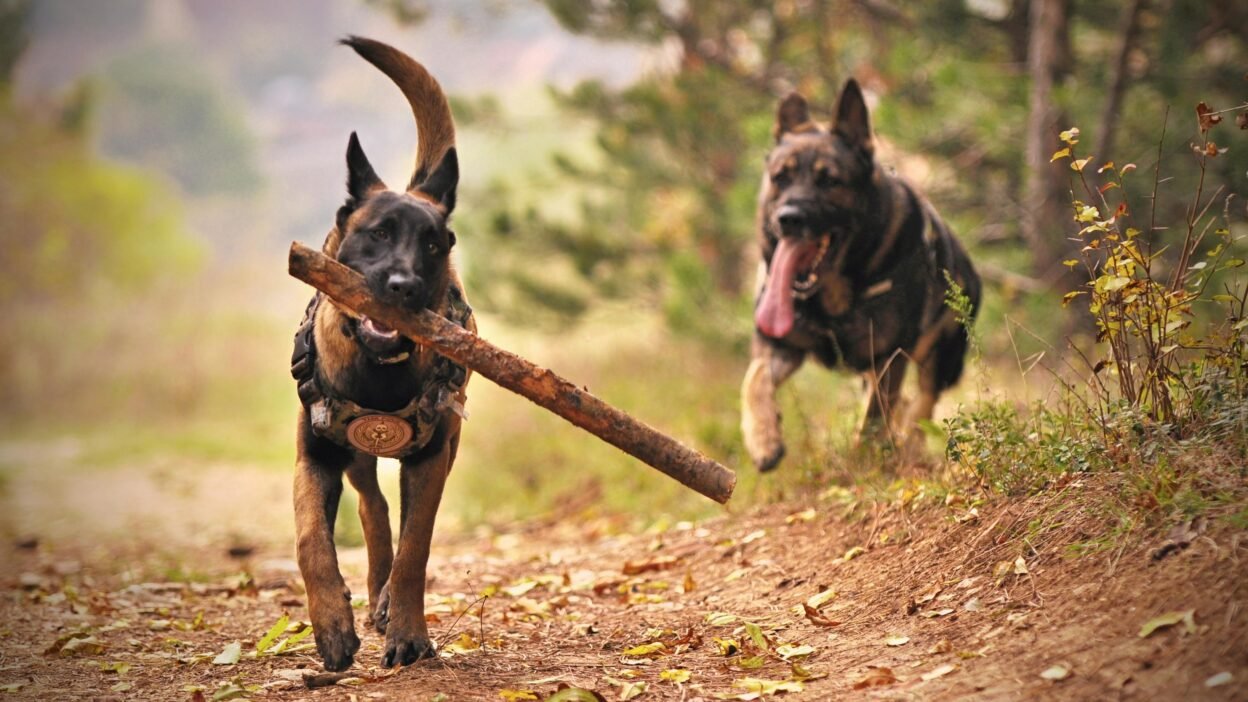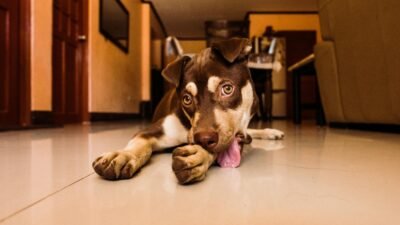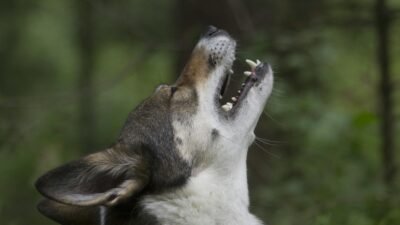Introduction
Panting is one of the maximum recognizable behaviors in puppies, regularly related to exertion, exhilaration, or a warm day. But panting isn’t always simply a unusual trait; it is an crucial a part of a canine’s body structure and a window into their well-being. While occasional panting is absolutely regular, immoderate or unusual panting can sign deeper problems.
Understanding why puppies pant and what it suggests facilitates proprietors make sure their pets continue to be healthful and snug. This article explores the motives at the back of panting, while it is a motive for concern, and a way to reply appropriately.
Cooling Mechanism: Regulating Body Temperature
Dogs do not sweat the manner human beings do. Instead, panting is their number one technique of thermoregulation. By evaporating moisture from their tongue and breathing system, puppies cool themselves down efficiently.
When Panting is Normal:
- After workout or energetic play.
- On warm or humid days.
Tips for Keeping Your Dog Cool:
Provide sparkling water and color in any respect times.
Avoid strenuous sports all through the most up to date elements of the day.
Use cooling mats or vests in case your canine is susceptible to overheating.
Stress or Anxiety
Panting may be a bodily reaction to emotional pressure or fear. Events which include thunderstorms, fireworks, automobile rides, or visits to the vet may also cause panting.
Signs of Anxiety Panting:
- Accompanied through trembling, whining, or pacing.
- Occurs in conditions regarded to motive pressure in your canine.
How to Help:
Create a safe, quiet area in your canine all through demanding events.
Use calming aids like pheromone diffusers or tension wraps.
Gradually desensitize your canine to unique triggers via training.
Excitement or Happiness
Panting isn’t a signal of discomfort.
Dogs may also pant while they are excited, which include all through playtime or while greeting their preferred person.
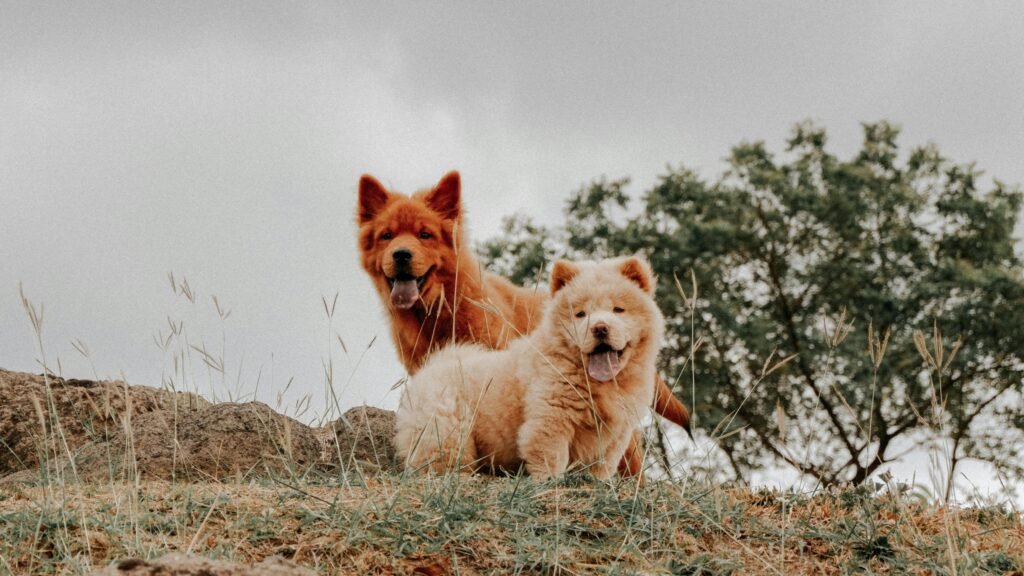
How to Differentiate Excitement Panting:
- Usually followed through a wagging tail and playful demeanor.
- Stops while the exhilaration subsides.
Heatstroke: A Serious Concern
Excessive panting on a warm day can imply heatstroke, a life-threatening situation wherein a canine’s frame temperature rises dangerously high.
Symptoms of Heatstroke:
- Heavy, speedy panting that does not stop.
- Excessive drooling, crimson gums, or lethargy.
- Vomiting, crumble, or disorientation in excessive cases.
Immediate Actions:
- Move your canine to a cool, shaded area.
- Offer small quantities of cool (now no longer ice-cold) water.
- Use a moist towel to chill their frame, focusing at the paws, chest, and neck.
- Seek veterinary help immediately.
Pain or Discomfort
Dogs regularly pant while they are in ache, despite the fact that the supply isn’t always obvious. This sort of panting can arise after an injury, surgery, or all through situations like arthritis or bloating.
How to Recognize Pain-Related Panting:
- Occurs unexpectedly and with out exertion.
- Accompanied through different signs and symptoms like limping, whining, or modifications in conduct.
What to Do:
Observe your canine for different symptoms and symptoms of discomfort.
Contact your vet if panting persists or if ache signs and symptoms are evident.
Medical Conditions
Panting also can be a symptom of numerous underlying fitness problems:
- Respiratory Problems: Conditions like pneumonia, laryngeal paralysis, or tracheal crumble could make respiration extra difficult, main to immoderate panting.
- Heart Disease: Poor stream because of coronary heart problems can motive panting, even at relaxation.
- Cushing’s Disease: This hormonal ailment regularly reasons elevated panting, together with signs and symptoms like a pot-bellied look and immoderate thirst.
- Anemia: Low crimson blood mobileular ranges could make puppies pant to make amends for decreased oxygen transport to their frame.
When to Visit a Vet:
Panting takes place at relaxation or all through regular sports.
Your canine indicates different regarding signs and symptoms like fatigue, coughing, or weight loss.
Obesity and Overexertion
Overweight puppies are extra susceptible to panting due to the fact greater weight places stress on their cardiovascular and breathing systems. Similarly, puppies that overexert themselves—mainly in heat weather—are probable to pant heavily.
How to Help:
Maintain a healthful weight via right weight-reduction plan and workout.
Monitor workout depth and duration, mainly for brachycephalic (brief-nosed) breeds like Bulldogs and Pugs.
Brachycephalic Breeds: Panting as a Common Trait
Dogs with brief snouts, which include Pugs, French Bulldogs, and Boxers, are extra susceptible to panting because of their precise anatomy. Their narrowed airlines make it more difficult for them to respire efficiently, mainly in heat or humid weather.
Special Care for Brachycephalic Breeds:
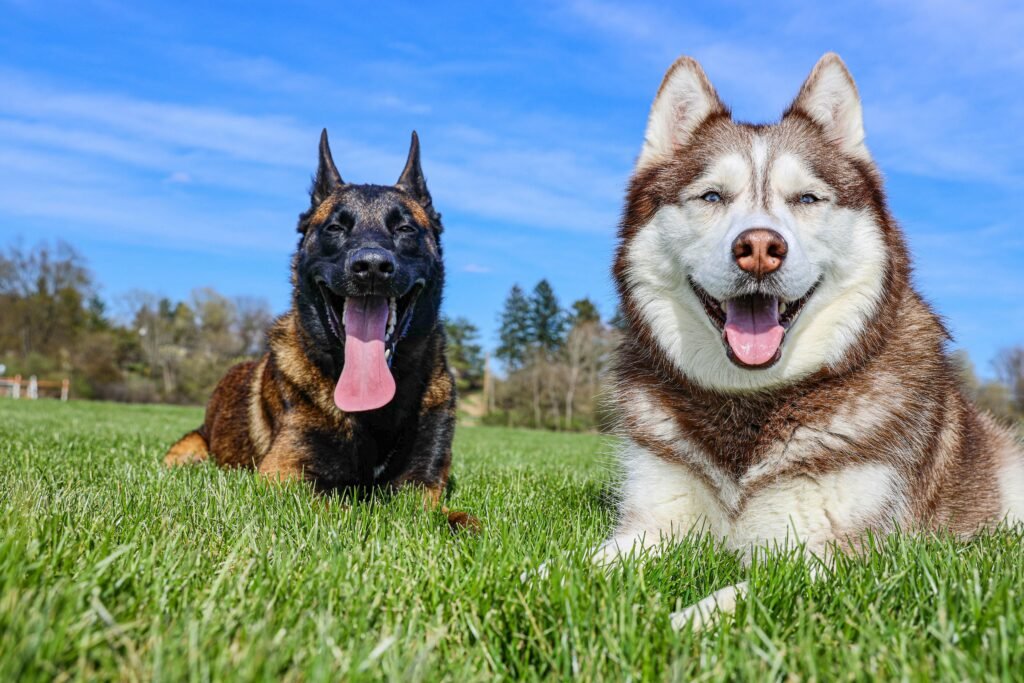
- Keep them in cool environments.
- Avoid strenuous sports.
- Monitor intently for symptoms and symptoms of overheating or breathing distress.
Side Effects of Medications
Certain medicines can motive panting as a facet effect. Common culprits encompass steroids like prednisone or capsules used for tension and ache management.
What to Do:
Check the facet consequences of any medicines your canine is taking.
Discuss options or changes together along with your veterinarian if panting will become immoderate.
Conclusion
Panting is a herbal and regularly innocent conduct in puppies, serving crucial features like cooling down and expressing emotions. However, immoderate, sudden, or unusual panting may be a signal of underlying problems, starting from heatstroke to clinical situations.
By information the context and accompanying signs and symptoms of panting, puppy proprietors can higher determine their canine’s fitness and well-being. Whether it is offering color on a warm day or looking for veterinary take care of unexplained panting, attentive care guarantees your hairy pal stays snug and healthful. After all, a glad canine is one which can pant freely with out worry!

